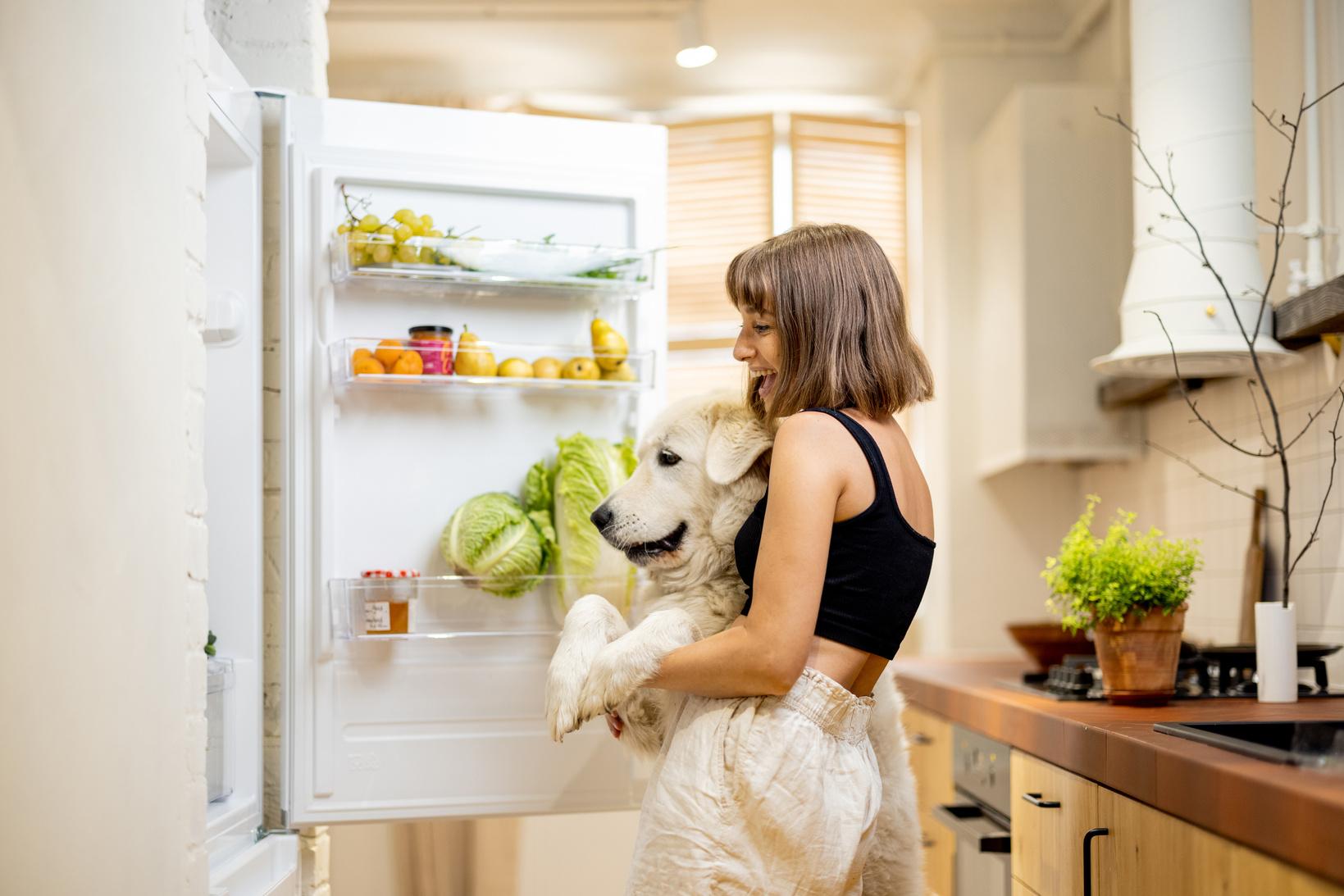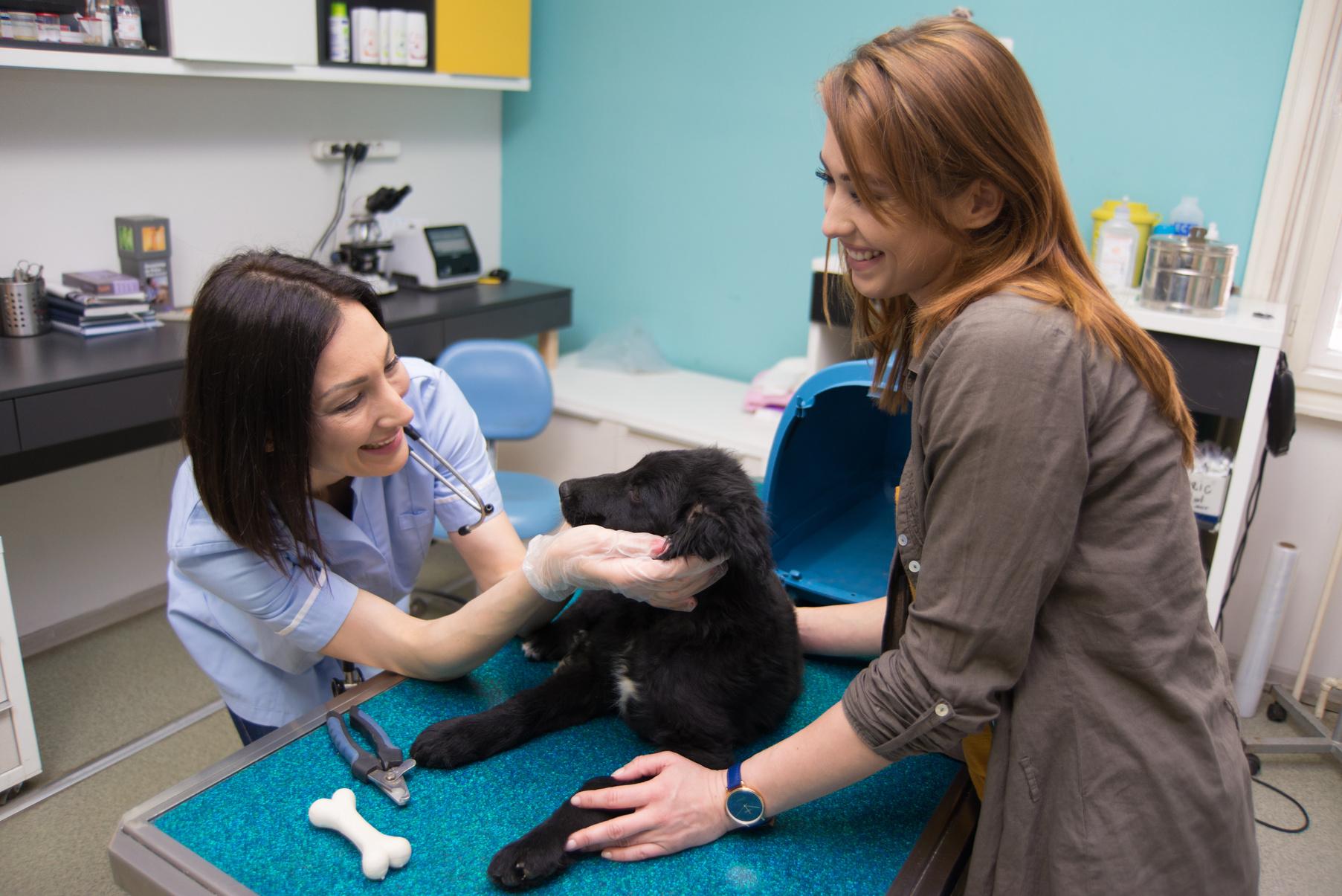
Keep dangerous items out of reach:
Store toxic substances, including medications, cleaning products, and chemicals, in cabinets or closets that your pets can't access.



Store toxic substances, including medications, cleaning products, and chemicals, in cabinets or closets that your pets can't access.

Don't give your pet’s human food or table scraps, and be careful about leaving food or drinks unattended where your pets can get to them.

Some plants can be toxic to pets, so be sure to research which ones are safe for your home and garden.

When selecting cleaning products, lawn treatments, and other household products, choose those that are labeled as safe for pets.

Familiarize yourself with the symptoms of poisoning in pets, including vomiting, diarrhea, lethargy, seizures, and difficulty breathing.

Have a plan in case of an emergency:
Keep the phone numb your veterinarian and nearby emergency an hospital handy, and k the steps to take if yo suspect your pet has ingested something t

Heartworms, flea and tick prevention medications help prevent infestations of parasites and reduce the risk of disease transmission, thereby reducing the need for toxic treatments to address infestations.

